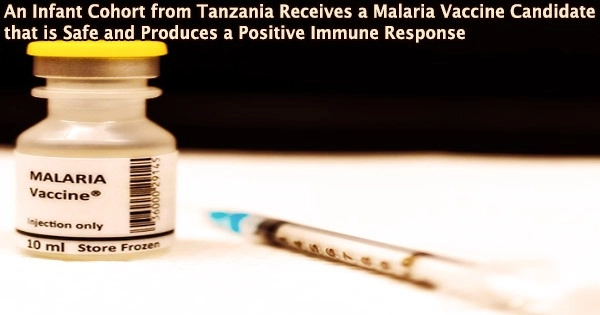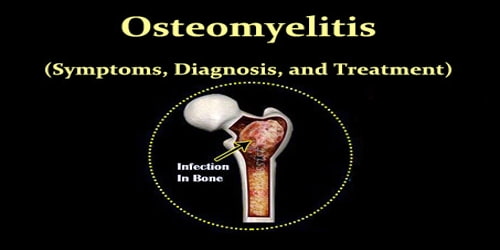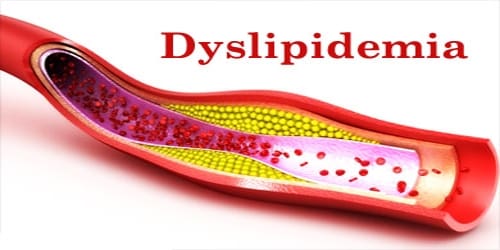African newborns, who are among the populations most susceptible to severe malaria sickness, respond favorably to an experimental malaria vaccine that appears safe and stimulates the immune system. There is currently only one malaria vaccine, “RTS,S” that is approved by the World Health Organization (WHO) and offers partial disease protection.
Researchers have discovered, however, that targeting RH5, a protein that the malaria pathogen Plasmodium falciparum uses to invade red blood cells, can generate a promising immune response that is most pronounced in an infant cohort, according to the findings of the early-stage phase Ib trial conducted in Tanzania and published on 11th August 2023 in the journal Med.
“Anti-sporozoite vaccines such as RTS,S need to be 100% effective in stopping the parasite from invading the liver to prevent disease,” says senior author Angela Minassian, a clinician scientist at the University of Oxford. “Even if just one parasite slips through the net, this will then go on to multiply in the liver, burst out into the bloodstream, and then infect red blood cells where the parasites then grow at an exponential rate. Having a blood-stage vaccine like RH5 on board gives you a second line of defense once the parasite has entered the bloodstream, allowing a second chance to stop malaria before it causes illness.”
A person is infected with malaria when bitten by an infected mosquito, which releases Plasmodium falciparum into the body. The immune system is taught how to target the parasite at this sporozoite stage, before it infects the liver, by RTS, S and many other vaccine candidates.
Plasmodium falciparum exhibits RH5 and infects red blood cells when it grows and is discharged from the liver into the bloodstream, which results in illness. In the future, if an anti-sporozoite and an anti-RH5 vaccination were administered together, people might benefit from more potent malaria protection for a longer amount of time.
“The data in the phase 1b trial reported here confirm, for the first time, that substantial anti-RH5 immune responses can be achieved safely by vaccination in infants from a malaria-endemic area,” say the authors.
Anti-sporozoite vaccines such as RTS,S need to be 100% effective in stopping the parasite from invading the liver to prevent disease. Even if just one parasite slips through the net, this will then go on to multiply in the liver, burst out into the bloodstream, and then infect red blood cells where the parasites then grow at an exponential rate. Having a blood-stage vaccine like RH5 on board gives you a second line of defense once the parasite has entered the bloodstream, allowing a second chance to stop malaria before it causes illness.
Angela Minassian
The researchers conducted the vaccine trial in Bagamoyo, Tanzania, where the average malaria prevalence throughout the population is 13%. 63 participants aged 6 months to 35 years were enrolled and randomized to receive either the experimental malaria vaccine, called “ChAd63-MVA RH5,” or a control rabies vaccine.
Due to the double-blind nature of the experiment, neither the volunteers nor the vaccine administrators were aware of who received the malaria vaccine and who received the placebo. Two months after receiving the second dose of the vaccine, all participants were given a four-month follow-up period.
This study’s main goal was to assess the vaccine’s safety in a population where malaria is an endemic disease. Soon after receiving the vaccine, participants in both the control and treatment groups complained of pain at the injection site and a slight fever, but overall the vaccine was well accepted and there were no safety issues.
Determining whether the vaccine would encourage an immunological response was a secondary outcome of the study. Following up on volunteers who had received the malaria vaccine, researchers discovered that their blood had begun to produce antibodies against RH5. These antibodies were effective at stopping the malaria parasite’s growth in the lab at concentrations that are linked to disease defense.
“These data justify onward progression to phase IIb field efficacy trials to determine whether parasite growth-inhibition levels of this magnitude can ultimately protect against clinical malaria.” say the authors.
The authors note that they observed the strongest immune responses in infants under 11 months, followed by children aged 1-6 years, then adults.
“Why the infants and young children vaccinated with ChAd63-MVA RH5 induced such high levels of antibody remains to be fully understood,” say the authors. “Given that both anti-sporozoite and blood-stage malaria vaccine strategies necessitate very high levels of antibody to protect against parasite infection, current efforts remain focused on infants and young children.”
The study’s authors highlight that it was small and that individuals were only followed up with four months after finishing their full vaccination program. To improve the appropriate age range, boosting schedule, and delivery platform for anti-RH5 vaccinations, they advise doing further phase Ia/Ib trials.
A phase 1b experiment is now being prepared in the Gambia to examine the outcomes of combining an anti-RH5 vaccine with an anti-sporozoite vaccine.
















